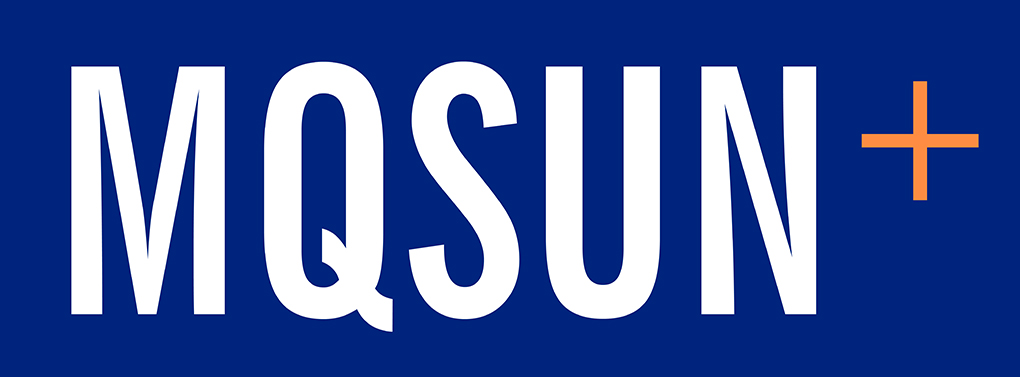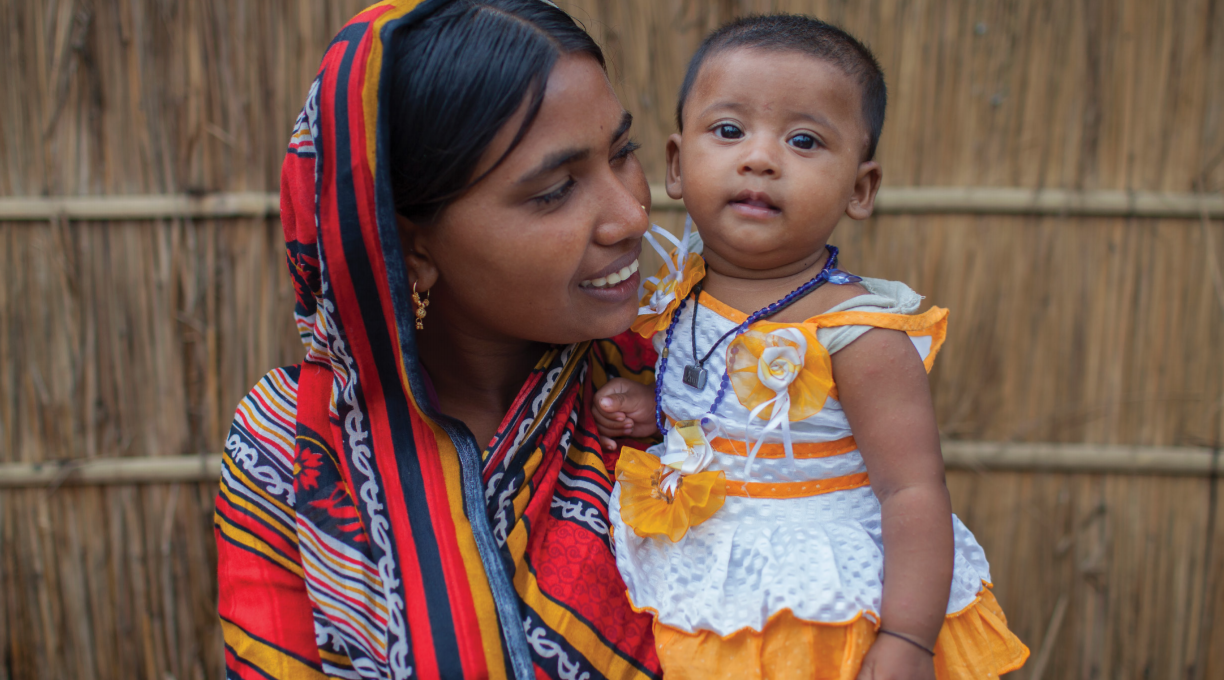The United Kingdom’s Department for International Development’s (DFID) Programme to Accelerate Improved Nutrition for the Extreme Poor in Bangladesh (2013-2016) aimed to improve nutrition outcomes for children, pregnant women, mothers and adolescent girls by incorporating a set of nutrition-specific interventions as part of three existing livelihood support programmes in Bangladesh targeting the extreme poor. These three programmes were the Chars Livelihoods Programme (CLP), the Economic Empowerment of the Poorest (EEP) Programme and the Urban Partnership for Poverty Reduction (UPPR) programme.
In order to rigorously and independently assess the impacts of the integration of the nutrition and livelihoods interventions, DFID commissioned a mixed-method impact evaluation in 2013, titled Impact Evaluation of DFID Programme to Accelerate Improved Nutrition for the Extreme Poor in Bangladesh. Under Maximising the Quality of Scaling Up Nutrition (MQSUN), the evaluation team consisted of the Institute of Development Studies (IDS), the International Food Policy Research Institute (IFPRI), ITAD, the Center for Natural Resource Studies (CNRS) and the BRAC Institute of Governance and Development (BIGD). The evaluation employed mixed quantitative and qualitative methods within a strong theory-based design. It was completed in June 2016.
This final report presents the evaluation’s main findings and conclusions, integrating results from across the evaluation’s quantitative and qualitative components and providing some key recommendations considered relevant for future programming. The report also provides an overview of the programmatic background and evaluation’s final design and methods.


